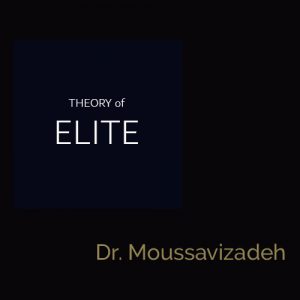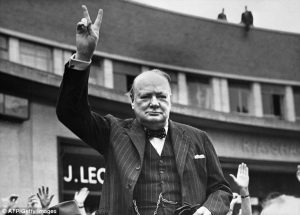Power, and Elite Theories
Elites
As Mosca, Mills and Pareto argue the existence of a political elite is a necessary and indeed inevitable feature of all societies. Mosca notes that: “Among the constant facts and tendencies that are to be found in all political organism, one is so obvious that it is apparent to the most casual eve. In all societies from societies that are very meagrely developed and have barely attained the dawning of civilization, down to the most advanced and powerful societies – two classes of people appear – a class that rules and a class that is ruled. The first class, always the less numerous, performs all political functions, monopolizes power and enjoys the advantages that power brings whereas the second, the mare numerous class, is directed and controlled by the first in appearance at least with material means of subsistence and with the instrumentalities that are essential to the vitality of the political organism.37
In every-day life the existence of the ruling class is clearly seen. It is a common knowledge that in any country whether developed or underdeveloped the management of public affairs is in the hands of a minority of influential people, to which management willingly or unwillingly, the majority defer. Similar things happen in the neighbouring countries “and in fact we should be put to it to conceive of a real world otherwise organized – a world in which all men would directly subject to a single person without relationship of superiority or subordination, or in which all men would share equally in the direction of political affairs. If we reason otherwise in theory, that is due partly to inveterate habits that we follow in our thinking and partly to the exaggerated importance that we attach to two political facts that loom far larger in appearance than they are in reality”.38
First fact is that in all political organism it is always the case that there is one person who is the head among the ruling class leaders and that person stands at the helm of the state. He is not in all cases the holder of supreme power according to law. Sometimes with him there is a prime minister or a major-domo who wields an actual power that is greater than the sovereign’s. In other cases, in place of the elected president the influential position such as the vice-president who has procured the president’s election will govern. In certain cases, there may be instead of a single person two or three who discharge the functions of supreme control. The second fact is that whatever the type of political organisation, pressuring arising from the discontent of the masses who are governed, from the passions by which they are swayed, exert the certain amount of influence on the policies of the ruling, the political class. We shall deal with this at a later stage is that whatever the type of political organisation, pressures arising from the discontent of the masses who are governed from the passions by which they are swayed, exert a certain amount of influence on the policies of the ruling the political class. We shall deal with this at a later stage.



